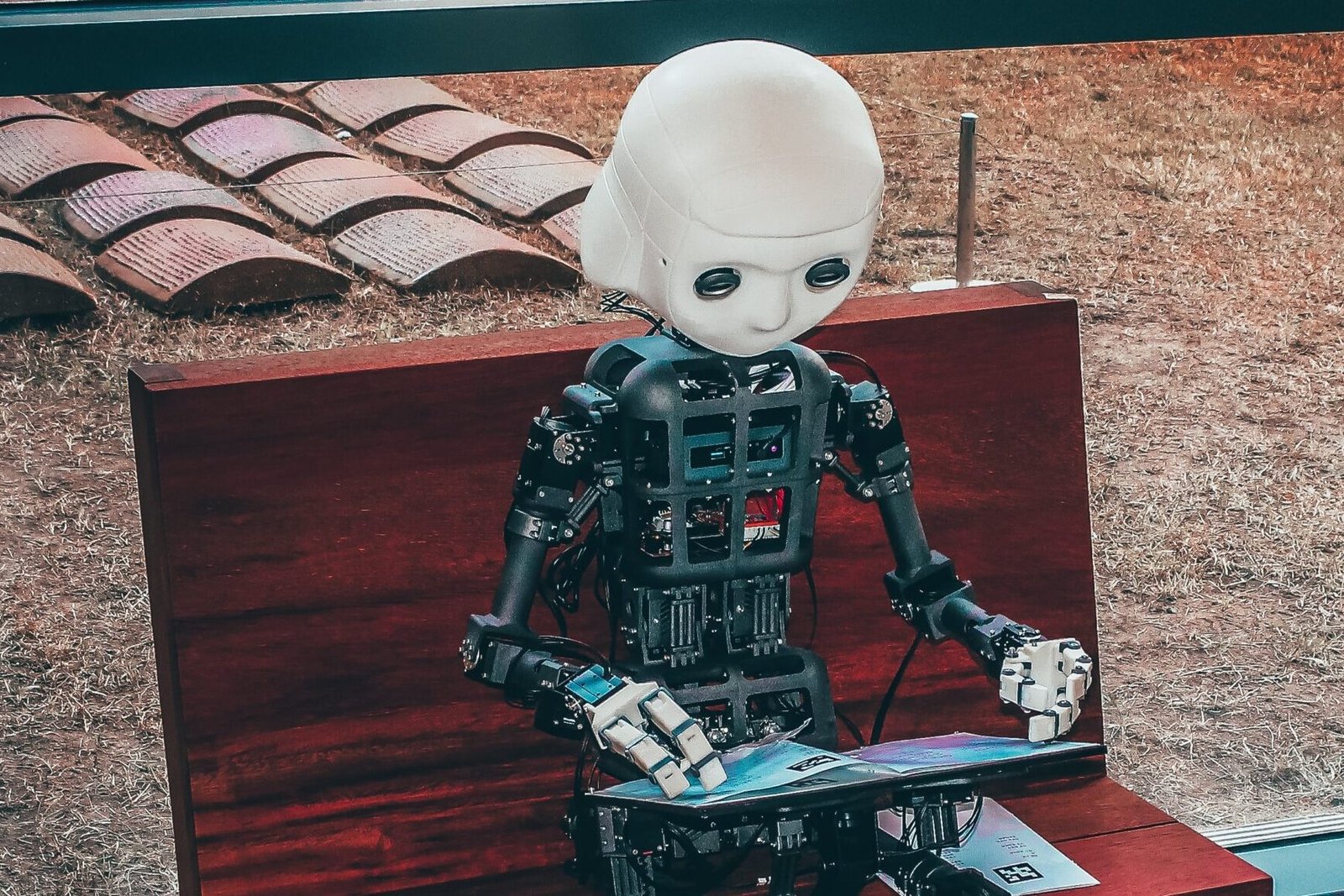When parents hear “coding for kids”, they often have many questions and might believe some common myths. Like any new subject, there are misconceptions about teaching coding to kids. In this article, we want to clear up these myths and explain the real benefits of kids learning to code.
Myth 1: Coding is too complex for kids.
Reality: Children have an innate ability to grasp new concepts. They learn languages, both spoken and coded, more quickly than adults. Python, our primary teaching language, takes inspiration from the English language, making it remarkably beginner-friendly. Furthermore, by integrating coding lessons with platforms like Minecraft, we’ve transformed the learning experience into an interactive game, easing any perceived complexity.
Myth 2: You need to be a math genius to code.
Reality: Coding is more about logic and structured thinking than intricate mathematics. While advanced programming or algorithm development can require in-depth math, the foundational stages of learning to code don’t demand mathematical prowess. In KidCoder, we focus on cultivating logic, creativity, and the sheer joy of seeing one’s code come to life.
Myth 3: With advanced systems like ChatGPT that can code, there’s no need for humans to learn coding anymore.
Reality: While technologies like ChatGPT by OpenAI can assist with coding tasks, they’re tools designed to aid, not replace. Understanding coding is about more than just writing lines of code. It’s about strategic thinking, problem-solving, and creativity. Systems like ChatGPT can generate code based on existing knowledge, but innovation, new solutions, and the direction technology takes come from human insight. Plus, someone needs to understand code to guide, improve, and work alongside these tools. Even in a world of advanced AI, there’s a human element in coding that remains irreplaceable.
Myth 4: Only kids interested in tech careers should learn to code.
Reality: While coding is a foundational skill for tech careers, its benefits transcend industries. Coding hones critical thinking, enhances creativity, and nurtures problem-solving skills. Whether a child dreams of becoming a writer, a doctor, an artist, or an astronaut, the thought processes developed through coding will be an asset in their toolkit.
Myth 5: Online coding courses aren’t as effective as in-person classes.
Reality: Online learning platforms, like KidCoder, have revolutionized the educational landscape. We offer flexible schedules, personalized learning pathways, and interactive projects that can rival traditional classroom experiences. Our courses provide children with the tools they need to explore, learn, and grow at their own pace, with dedicated support just a click away.
In Conclusion
Coding isn’t merely about deciphering a programming language. It’s a passport to a world of creativity, innovation, and endless possibilities. Rather than being swayed by myths, it’s time we embraced the truth and empowered our children to navigate the future confidently. At the heart of it all, it’s not just about lines of code but the potential they unlock.
Written by Andrei Guevorkian
